Steps to take when you have a dental emergency
Many of us are aware of what we need to do in the event of a medical emergency, namely call 911 and head to the nearest emergency room. What if you have a dental emergency? Is it even clear what a dental emergency is? In this article, we will explain the term, and tell you exactly what the most prudent steps to take are if you or a loved one is experiencing a dental emergency.
What exactly is a dental emergency?
A dental emergency is a medical situation that could cause serious damage in a patient’s teeth if they do not receive care from a dental professional as soon as possible.
Can the emergency room help me if I’m having a dental emergency?
A common misconception is that the emergency room can provide treatment for dental emergencies. In most cases, all the ER staff can do is provide antibiotics, provide some pain medication, and provide you with a referral for a dentist to follow up.
What should I do immediately once I’ve determined I have a dental emergency?
Once you’re sure you’re dealing with a dental emergency, your first action should be to contact your primary dentist as soon as possible. It is hard to understate how important this step is, because many times dental clinics will make exceptions and schedule same or next day appointments for existing patients when they have an emergency. This is the best option as your primary dentist has all of your clinical history, and knowledge of any treatment plans you may be on or have planned.
Unfortunately, sometimes this just isn’t possible, either because you find yourself out of town, the dentist isn’t available, or maybe you’re simply not happy with your current dentist and do not trust them to handle your emergency. In this case, your best bet is to contact an emergency dentist near you as soon as possible.
What if I can’t get to a dentist in time?
In the event that you simply can not get to a dentist soon, then here are some options to mitigate your emergency at home:
- First, if your emergency consists of a broken tooth or broken repair of any kind, for example a broken crown or lost filling, then you should make the best effort possible to recover any lost pieces, set them aside, and bring them to the dentist whenever you are finally able to make it to one.
- Second, in most cases you will want to thoroughly wash your mouth with warm water and use dental floss if possible to remove any lodged food or contaminants within your mouth and in between your teeth.
- In the case of an abscess, you also want to prepare a solution of half a teaspoon of salt for every 8 ounces of water, and then rinse your mouth with it. This can help alleviate the pain, minimize the risk of further infection, and also bring any pus to the surface in the event of particular swelling.
Even if you know you can’t afford the dental services you need, we still highly recommend you call an emergency dentist as the staff there are highly trained and very familiar with most emergencies. They can likely tell you over the phone how urgent your situation is, and in many cases, these emergency dentists offer heavily discounted initial visits so you can come in and get an accurate assessment of your situation, even if you can’t afford the full treatment.

